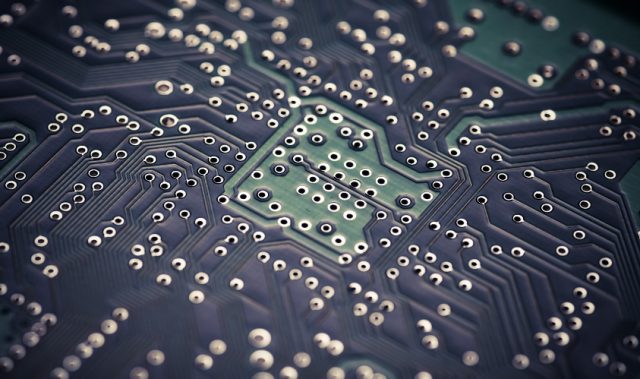
AsianScientist (Jan. 24, 2020) – A team of scientists has applied artificial intelligence (AI) to the prediction of disease-related mutations in metal-binding proteins. Their findings are published in Nature Machine Intelligence.
As the volume of biological data increases at an exponential rate, researchers are relying on computational algorithms to obtain actionable insights for biomarker discovery, drug discovery and development.
In the present study, researchers led by Professor Sun Hongzhe at the University of Hong Kong, in collaboration with colleagues in the US, have implemented a robust deep learning approach to predict disease-associated mutations of the metal-binding sites in a protein.
Metal ions play pivotal roles either structurally or functionally in biological systems. Some proteins require ions such as zinc, copper and iron to function, failing which diseases occur. Hence, by identifying mutations that affect a protein’s ability to bind metal ions, researchers could obtain a better understanding of certain diseases and develop better drugs against those conditions.
The team first integrated omics data from different databases to build a comprehensive training dataset. By looking at the statistics from the collected data, the team found that different metals have different disease associations.
A mutation in zinc-binding sites has a major role in breast, liver, kidney, immune system and prostate diseases. By contrast, the mutations in calcium- and magnesium-binding sites are associated with muscular and immune system diseases, respectively.
For iron-binding sites, mutations are more closely associated with metabolic diseases. Furthermore, mutations of manganese- and copper-binding sites are associated with cardiovascular diseases, with the latter being associated with nervous system disease as well. By extracting the spatial features from the metal binding sites, the researchers were also able to enhanced the accuracy of their predictions.
“[We have developed] an AI approach based on deep learning to turn raw data into valuable knowledge, allowing us to uncover secrets behind various diseases,” Sun said.
The article can be found at: Koohi-Moghadam et al. (2019) Predicting Disease-associated Mutation of Metal Binding Sites of a Protein Using a Deep Learning Approach.
———
Source: University of Hong Kong; Photo: Shutterstock.
Disclaimer: This article does not necessarily reflect the views of AsianScientist or its staff.












